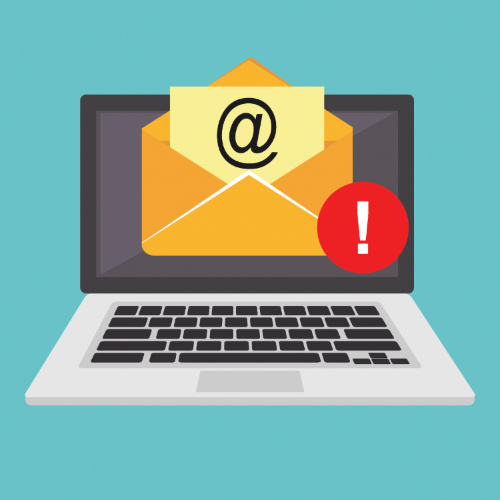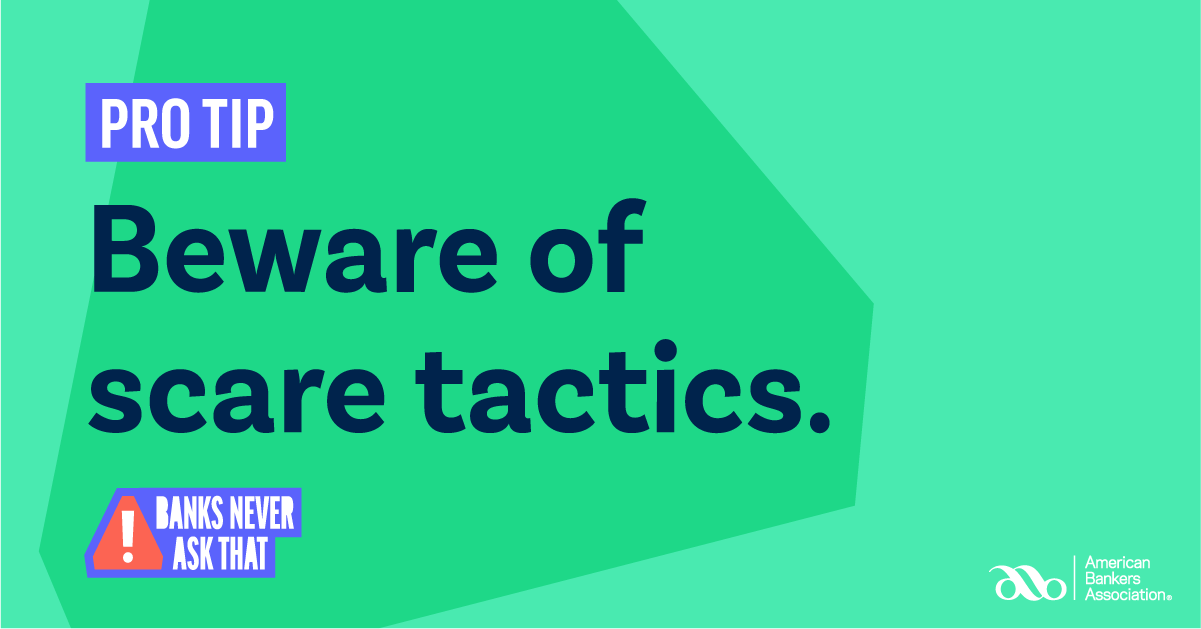Fraud & Security Resources
We’re serious about fraud and we take every precaution to prevent it and keep you safe. To learn more about the specific measures that we take, read our Security Statement. Fraudsters are always changing the way that they do business. We’ve provided a few additional tools on this page to keep you up to date.
Actions You Can Take
Report a card lost or stolen
Has your card been lost or stolen?
Here is how to report it.
Dispute a transaction or ACH
Have a transaction on your account that you don't remember making here is how to do it step by step.
Set up text alerts
Use text alerts like balance threshold and daily balances to monitor your account for irregular behaviors.
Chesapeake Bank Fraud & Security Blogs

ID Theft Protection
Identity theft is consistently a leading complaint to the Federal Trade Commission. Rampant data breaches, affecting millions of records, are putting consumers at great risk of identity theft. It can happen to anyone—regardless of your age and income, where you live, or how careful you are.
Have you been a victim of ID theft or want to learn how Chesapeake Bank protects its customers?

An Update From the FDA
Along with other federal, state, and local agencies and public health officials across the country, the FDA continues critical work to protect public health during the COVID-19 pandemic. Find the most recent FDA updates on our Coronavirus Disease page. The frequently asked questions (FAQs) on this page are for the general public or consumer audience. Other audiences may want to refer to additional FAQs
Chesapeake Wealth Management on Fraud
In the investment world, when it comes to fraud, one of the most significant risks comes by way of deceitful email and/or telephone requests for the movement of funds. Typically a scammer will use untrue or misleading information for illegal practices. There have been occasions when CWM has received emails appearing to be from clients who are requesting funds to be moved from an account. After follow-up, it was revealed that someone had hacked into the client’s email system and pretended to be them when emailing third parties. This is one of many reasons why Chesapeake Wealth Management is extremely diligent in following up to make sure electronic requests are not fraudulent, in addition to not accepting direction by telephone only under any circumstances. Investment scams can take on many different forms. Fraudsters are creative, quick thinkers and are constantly developing nefarious new practices.
Chesapeake Wealth Management strives to keep up with up-to-date security education and fraudulent practices to protect the funds that our clients have spent many years accumulating. Have questions? Call 757-253-9088.


Stay Up To Date
Stay up-to-date on scammer’s methodologies, like phishing, ransomware, and other security risks. We recommend these sources to get you started:
- Banks Never Ask That An American Bankers Association site
- Cybersecurity & Infrastructure Security Agency, an official government site
- Krebs on Security, a reputable blogger
- You may also be interested in the 2020 Internet Crime Report from the Federal Bureau of Investigations Internet Crime Complaint Center IC3
Banks Never Ask That
Pushy tactics are often a sign of a scam. Your bank will never call you to verify your personal information. We only do that when you call us. The American Bankers Association has created some fun videos and a quiz as part of their #BanksNeverAskThat campaign to help you identify common fraud practices. Could you pass the test? Test your skills now: https://bit.ly/3BuLOVG

In Other News
- Tips from the United States Senate Special Committee on Aging for Avoiding Scams.
- York-Poquoson Sheriff’s Office Warns Public about Zelle Scam
- LOGJ4 Vulnerability
- Card Cracking scams are anticipated on the rise this holiday. Here are tips to keep you safe. | American Bankers Association, 00/00
- Looking for alternatives for your holiday shopping? | Federal Trade Commission, 11/10
- Scammers are sending fake IRS emails about Economic Impact Payments | Federal Trade Commission, 10/27
- Avoid marketing scams during 2022 Medicare Open Enrollment | Federal Trade Commission, 10/15
- WARNING: Email from FTC Chair Lina M. Khan about Coronavirus money is fake | Federal Trade Commission, 8/19
- Is a scammer getting unemployment benefits in your name? | Federal Trade Commission, 6/3
- Scams and your small business. A guide for Business | Federal Trade Commission, 5/2018




